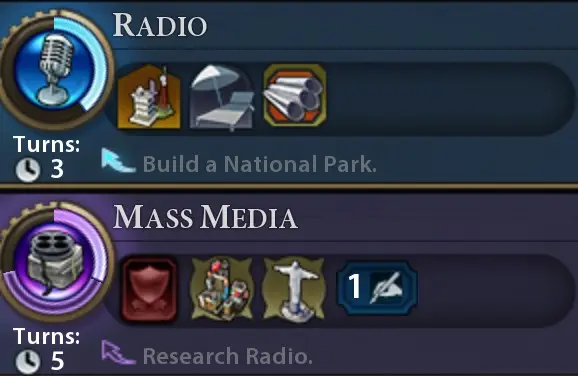In Civilization 6, Eureka moments play a pivotal role in advancing your civilization’s scientific progress. However, not all Eureka moments are created equal, and understanding the nuances of their timing can significantly impact your overall strategy. This guide distills the essence of a strategy that leverages the timing of Eureka moments to maximize scientific advancement efficiently.
Understanding Eureka Costs Across Eras
Eureka moments reduce the science cost required to research specific technologies. The cost of technologies increases with each era, making early-era Eureka moments more impactful in terms of absolute science saved. For instance, technologies in the Classical Era, like Currency and Horseback Riding, cost more science than those in the current or Ancient Era, such as Irrigation.
The Impact of Era Transition on Eureka Efficiency
The transition between eras affects the relative value of Eureka moments. When moving from the Ancient Era to the Classical Era, the science cost of earlier era technologies decreases by 20%. Consequently, achieving a Eureka in the current era for a technology from an earlier era results in a greater reduction in science cost compared to achieving the same Eureka after transitioning to a new era.
For example, obtaining the Eureka for Horseback Riding in the last turn of the Ancient Era saves more science compared to getting it in the first turn of the Classical Era, due to the overall reduction in science cost for technologies from previous eras.
Strategic Timing of Eureka Moments
To maximize the efficiency of your scientific advancement, aim to unlock all possible Eurekas before entering a new era. This strategy ensures that you benefit from the maximum possible reduction in science cost for each technology.
Exception to the Rule: Free Inquiry Golden Age Dedication
There’s an exception to the general rule of securing Eurekas before era transitions. If you plan to choose the Free Inquiry Golden Age Dedication, which increases the benefit of Eurekas by 10%, timing becomes more flexible. With Free Inquiry, the increased percentage benefit from Eurekas can offset the reduced science cost of technologies from earlier eras, making it equally beneficial to achieve Eurekas before or after transitioning into a new era.
Example: Apprenticeship Technology
Consider the technology Apprenticeship, which requires three mines to achieve its Eureka. If you’re entering the Classical Era with the Free Inquiry dedication, it might be strategically advantageous to delay the construction of your third mine until after the era transition. This approach allows you to benefit from the increased Eureka bonus provided by Free Inquiry, maximizing the science saved.
Conclusion
Strategically timing your Eurekas can significantly enhance your civilization’s scientific development in Civilization 6. By understanding the impact of era transitions on the efficiency of Eureka moments and leveraging exceptions like the Free Inquiry Golden Age Dedication, you can optimize your approach to technology research. This strategic insight ensures that every Eureka moment contributes to the swift and efficient advancement of your civilization through the ages.

